Sudan since the last few decades has witnessed civil wars, terrorism, mass killings, state tyranny, street protests, partition and coups. The April 2019 protest that toppled the autocratic rule of General Omar Al-Bashir opened the path towards democratisation. The post-Al-Bashir transition process is marked by power contest between civilian groups and military as well as tussle among multiple political parties, armed rebel groups and paramilitary attempting to position itself within the new politico-military order. The political transition process was disrupted after General Abdel Fattah Burhan dismissed the civilian government under Abdalla Hamdok on 25 October 2021. It dismantled the fragile democratic experiment pushing the state towards further fragmentation and economic collapse.
The public mobilisation to re-instate the democratic process along with international pressure has forced the military and the paramilitary to sign the political framework agreement in December 2022 paving the path for formation of a civilian led government. However, the realisation of a truly operational democracy is contingent on military and paramilitary’s real willingness to accept limited political role; implementing security sector reforms; ensuring transitional justice; unity among the pro-democracy forces and peace with armed rebel groups. The progress towards democratisation has been severely affected by the power struggle between the military i.e. Sudanese Armed Forces (SAF) and paramilitary i.e. Rapid Support Force (RSF). The paper briefly delves into the Omar Al-Bashir regime in Sudan until 2018-2019 protests and evaluates the civil-military relations in terms of transitional government’s performance and its challenges until October 2021 military coup. It assesses the post-2021 coup political dynamics overshadowed by deep tensions between the military and the paramilitary forces. The paper lastly examines India’s bilateral engagement with Sudan.

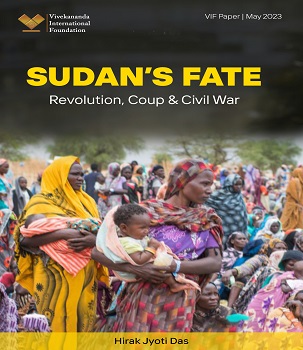

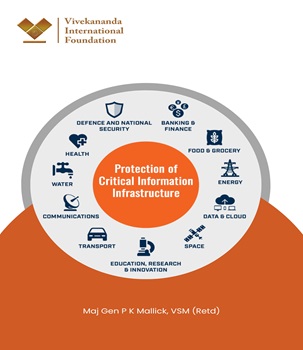

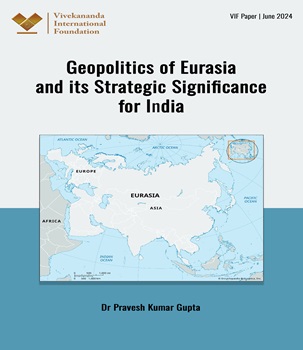
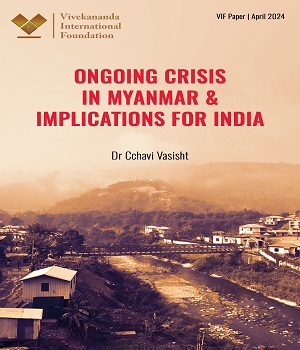
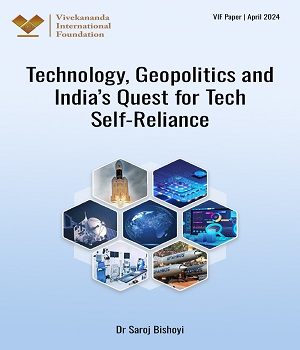
Interested in reading
Post new comment